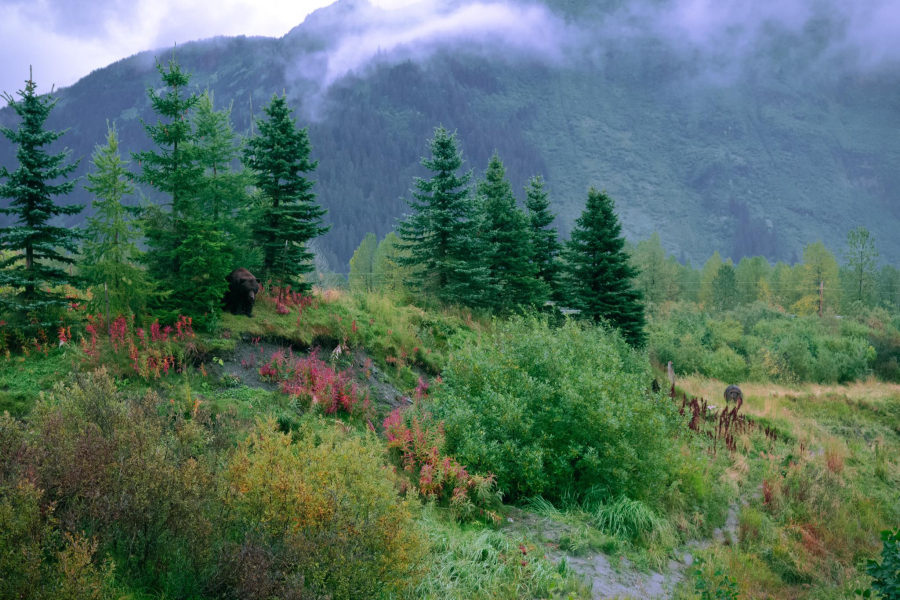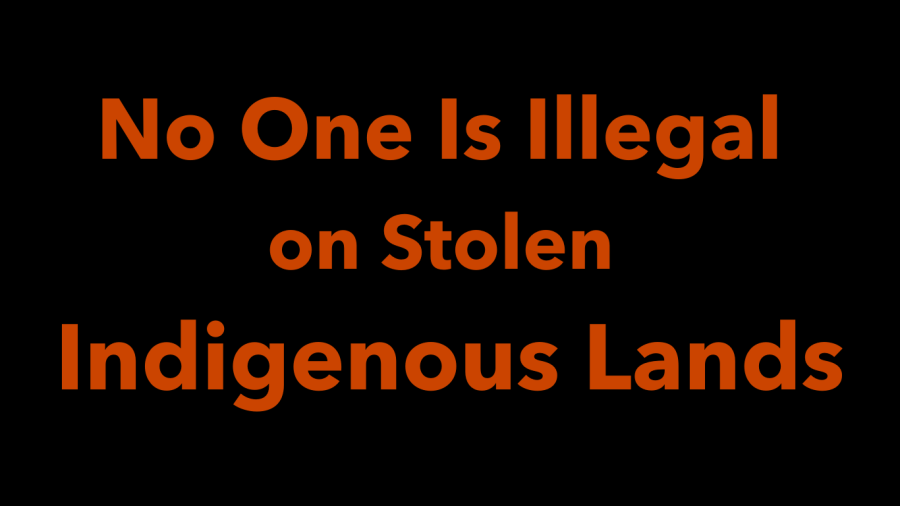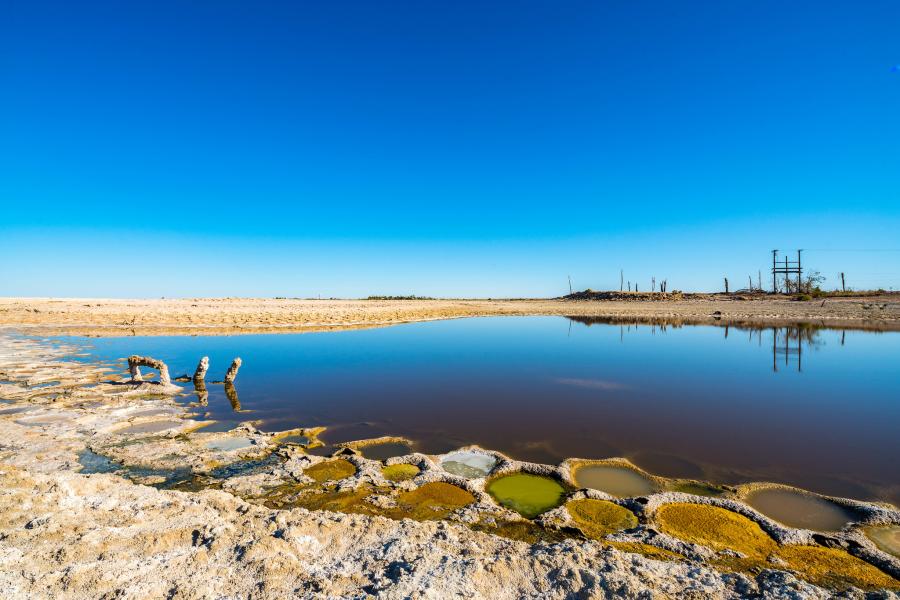Native peoples are often adversely affected by efforts to protect natural resources by state agencies. According to a newly formed alliance, this is no different in the U.S. The Alliance to Protect Native Rights in National Parks recently formed to defend and protect native peoples who have found part or all of their ancestral homelands under U.S. National Park Service management.
Most urgent to the founding of the Alliance is the Pai Ohana family in Hawaii. They continue to face eviction threats and harassment from the Park Service if they do not leave their homeland. The Pai have cared for the land and the sea on the Big Island before Europeans set foot on the islands. Since the KalokoHonokohan National Historic Park was created in 1988, they have been told to leave in order to preserve traditional Native Hawaiian culture.
When Death Valley National Monument was created in 1933 the Timbisha Shoshone of southeast California found themselves squatters on their own land under Park Service management. They were relocated from their traditional village site in the valley in order to build the monument visitor center. The Timbisha continue to live on a 40-acre parcel under the complete control of the Park Service. The Timbisha were federally recognized in 1983 but no land use has been forthcoming. Given the decades of neglect, the California Desert Protection included a provision to find a suitable reservation for the tribe within the new Death Valley National Park boundaries. Yet, this past spring the Park Service informed the Timbisha that no land within the Park would be considered for a reservation.
Yet, rather than having these various struggles isolated and belittled, the Alliance seeks to show that there is a systematic bias towards indigenous peoples. "The Park Service must not be allowed to hide behind their public image as protectors of the land while they steadfastly squeeze Native peoples off their ancestral homelands and out of the parks," said Richard Boland, Chief Spokesperson for the Timbisha Shoshone, and one of the founding members of the Alliance. Other founding members include the Miccosukee of Everglades National Park, the Five Sandoval Pueblos of Petroglyph National Monument, the Natural Resources Division of the Navajo Nation at Canyon de Chelly, and the Hualapai at Grand Canyon National Park.
Numerous tribes responded favorably at October's National Congress of American Indian convention in Phoenix. NCAI passed a resolution supporting the Pai Ohana in their efforts to remain on their ancestral territory, and call for Congress-ional hearings. The Alliance is seeking support from other Native peoples who have similar experiences with the Park Service. The Alliance is also seeking the support of environmental and human rights organizations that see the clear connection between cultural and natural resource protection.
Article copyright Cultural Survival, Inc.



